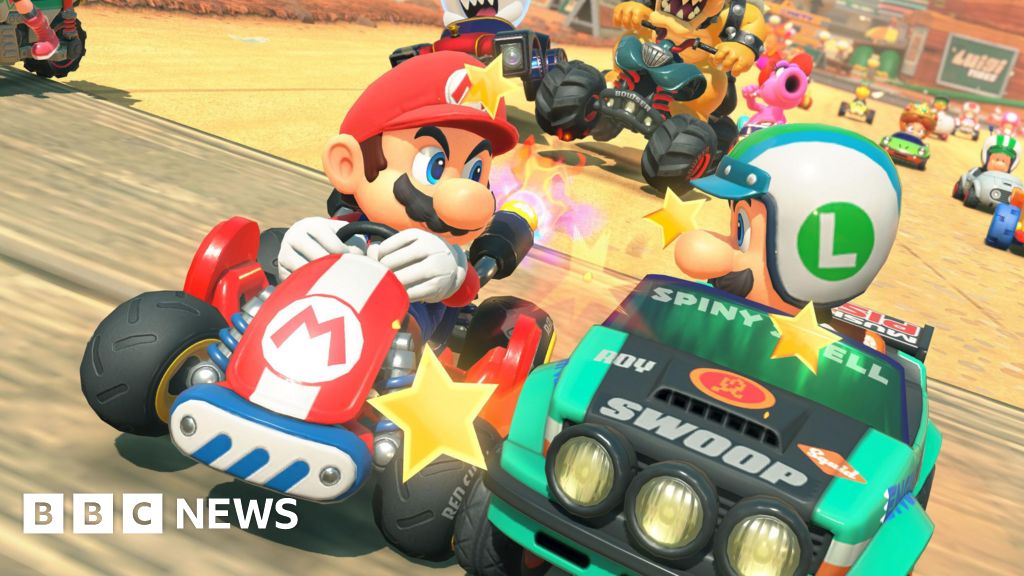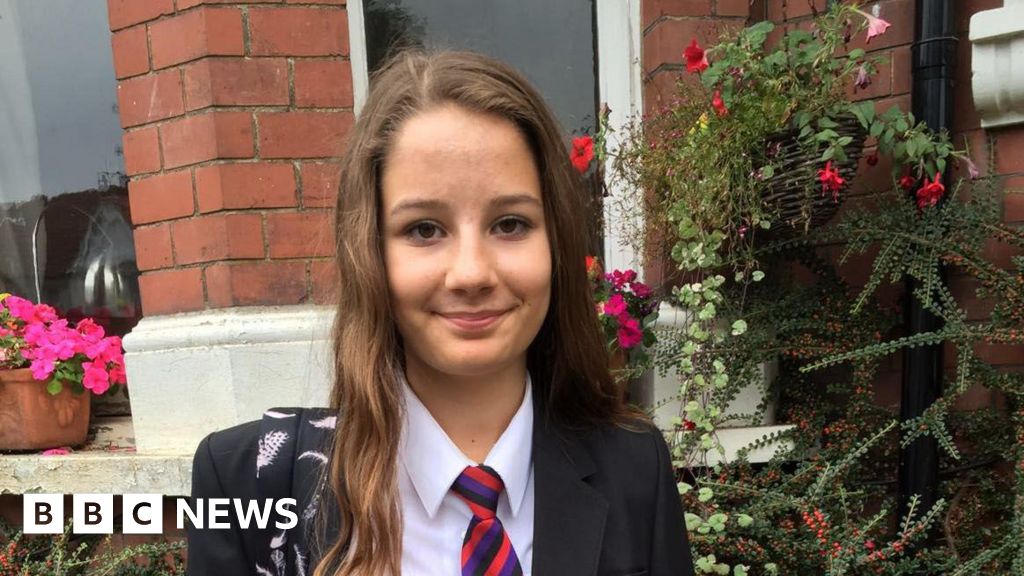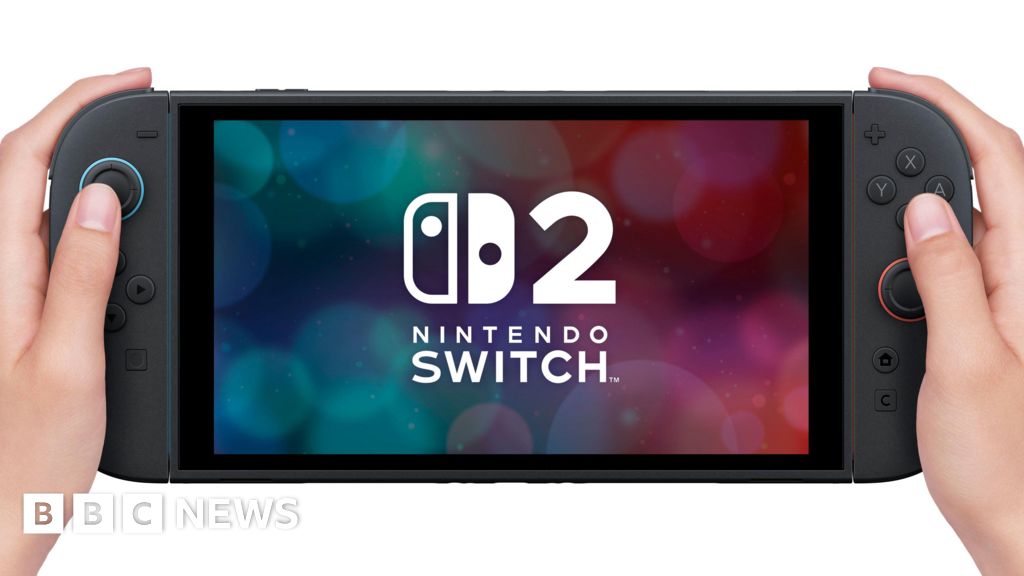ARTICLE AD BOX
By Jane Wakefield
Technology reporter
Image source, Getty Images
Image caption,The game has become extremely popular in just a few months
The developer of a game with the same name as smash hit Wordle has donated money made from his app to charity, after people mistakenly downloaded it.
Steve Cravotta said he had seen more than 200,000 downloads of his Wordle game in a week, after its namesake went viral.
While the hit web-based Wordle has no app, people were spending money on in-app purchases in Mr Cravotta's game.
That money will go to an educational charity - the amount was not disclosed.
Changing colour
The app-based Wordle asks players to guess anagrams of words within a time limit - and they can pay to unlock new levels.
It has been on the App Store for five years but failed to really take off and after a few months and 100,000 downloads, Mr Cravotta stopped updating or promoting it.
But in the past three months, the web-based Wordle, a different game with the same name, has gone from having just a handful of players to millions.
This Wordle challenges players to find a five-letter word in six guesses, with just one word per day.
There are clues along the way, with squares changing colour if a correct letter or its correct place in the word is guessed.
Players can share how quickly they solved the puzzle by posting their grid on social media - but in a way that does not spoil the answer for those still playing.
Image source, Wordle
Image caption,The word game explains the rules at the start
Mr Wardle told BBC Radio 4's Today programme he was "suspicious" of mobile apps that demanded attention, saying he had deliberately designed Wordle to be simple, without adverts or any means to gather user data.
When Mr Cravotta noticed people were spending money in his app, he decided to contact Mr Wardle.
"I figured we could turn this very strange, once-in-a-lifetime scenario and make it something amazing," he tweeted.
'Class act'
Mr Wardle also tweeted, confirming Mr Cravotta "had reached out unprompted".
"He's a class act," he wrote.
Together, they chose to donate the proceeds to BoostOakland, a charity offering mentoring and tutoring to youngsters in California.
Wordle, itself similar to earlier games, has been plagued by copycat versions since launching, in November.
Last week, Apple took the unusual step of removing some of these from its App Store.
'Felt disconnected'
The fact it is web-based and determined to avoid the data-hungry, ad-laden addictive nature of many app-based games, is the secret to its success, says Nick Bowman, an associate professor of creative media, at Texas Tech University, and a Wordle fan.
"So much of our digital infrastructure is demanding things of us - we click on something, we get notifications, things are shared beyond us," he said.
"Wordle leaves you alone and gives us a break - and we have control over the experience.
"Wordle provides a simple quirky way of nibbling on a five-letter word that is shared across the globe, at a time when we have felt disconnected and the only five-letter world we use is 'Covid'.
"Gaming has always been social but there aren't many where we can share our entire performance.
"With Wordle, I can show you what I was thinking but without telling you the word."

 3 years ago
77
3 years ago
77








 English (US) ·
English (US) ·